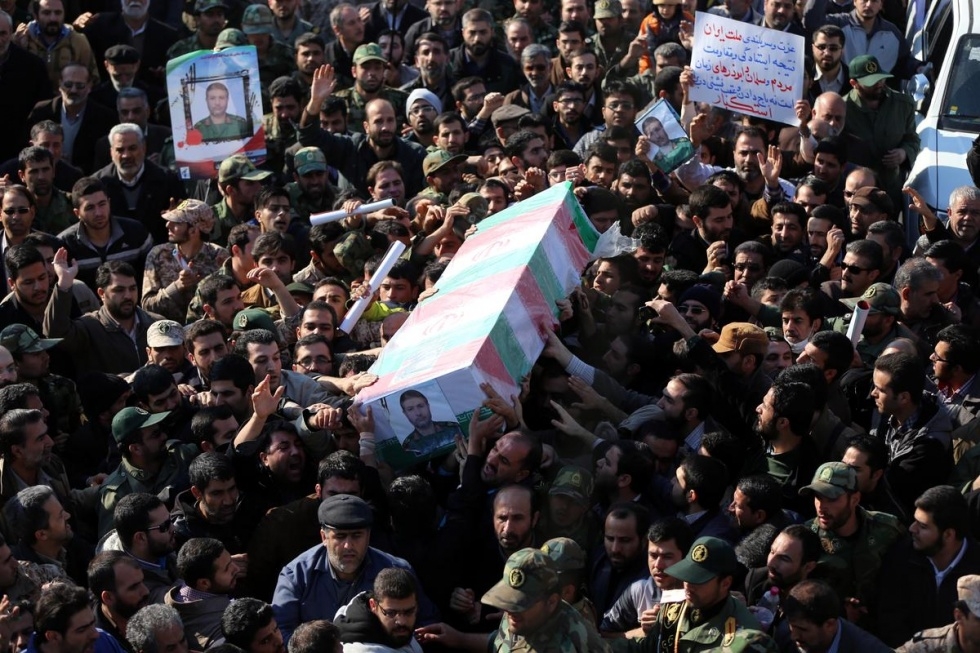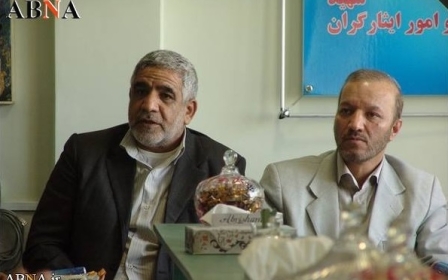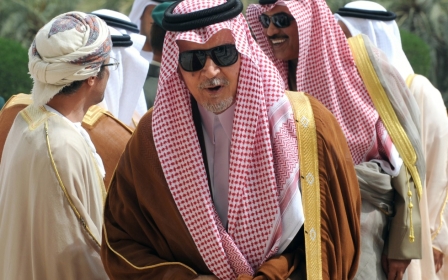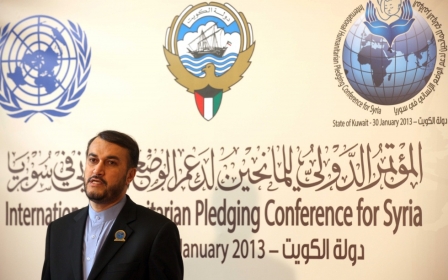Iran seeks 'best relations' with Saudi

An Iranian official said Friday during a visit to Beirut that his country wants good relations with its Middle East neighbours, especially regional rival Saudi Arabia.
Alaeddin Boroujerdi, who heads the Iranian parliament's national security and foreign policy committee, told reporters after meeting with Lebanon's Prime Minister Tammam Salam that they discussed "the latest developments in Saudi Arabia".
Boroujerdi was referring to the death last week of Saudi King Abdallah.
"Iran's long-term policy is essentially based on establishing the best of brotherly relations with countries in the region, especially Saudi Arabia," Boroujerdi told reporters.
"We believe that the more that countries in the region consolidate and strengthen their relations, the more we can establish security and stability," said Boroujerdi.
Iranian-Saudi relations have been strained since Iran's 1979 Islamic revolution.
The two regional power centres have competed against each other for influence, and in recent years, their rivalry has translated into Shiite-Sunni fighting in several countries in the region.
Boroujerdi was in Beirut to take part in a Hezbollah event on Friday honouring Lebanese Shiite fighters and an Iranian official killed on 18 January in an Israeli air strike in southern Syria.
Tehran-backed Hezbollah has sent thousands of its troops into Syria to back President Bashar al-Assad's government.
Saudi Arabia is a main backer of the Sunni-dominated rebellion seeking Assad's ouster.
On Thursday evening, Beirut-based Mayadeen television channel said Iran's elite Quds Force commander Qassem Suleimani visited Beirut 24 hours after the fighters were killed in Syria.
During his visit, the shadowy commander had met with Hezbollah chief Hassan Nasrallah and visited the home of Jihad Mughniyeh, one of the fighters killed in the Israeli strike and the son of slain Hebollah icon Imad Mughniyeh.
New MEE newsletter: Jerusalem Dispatch
Sign up to get the latest insights and analysis on Israel-Palestine, alongside Turkey Unpacked and other MEE newsletters
Middle East Eye delivers independent and unrivalled coverage and analysis of the Middle East, North Africa and beyond. To learn more about republishing this content and the associated fees, please fill out this form. More about MEE can be found here.




